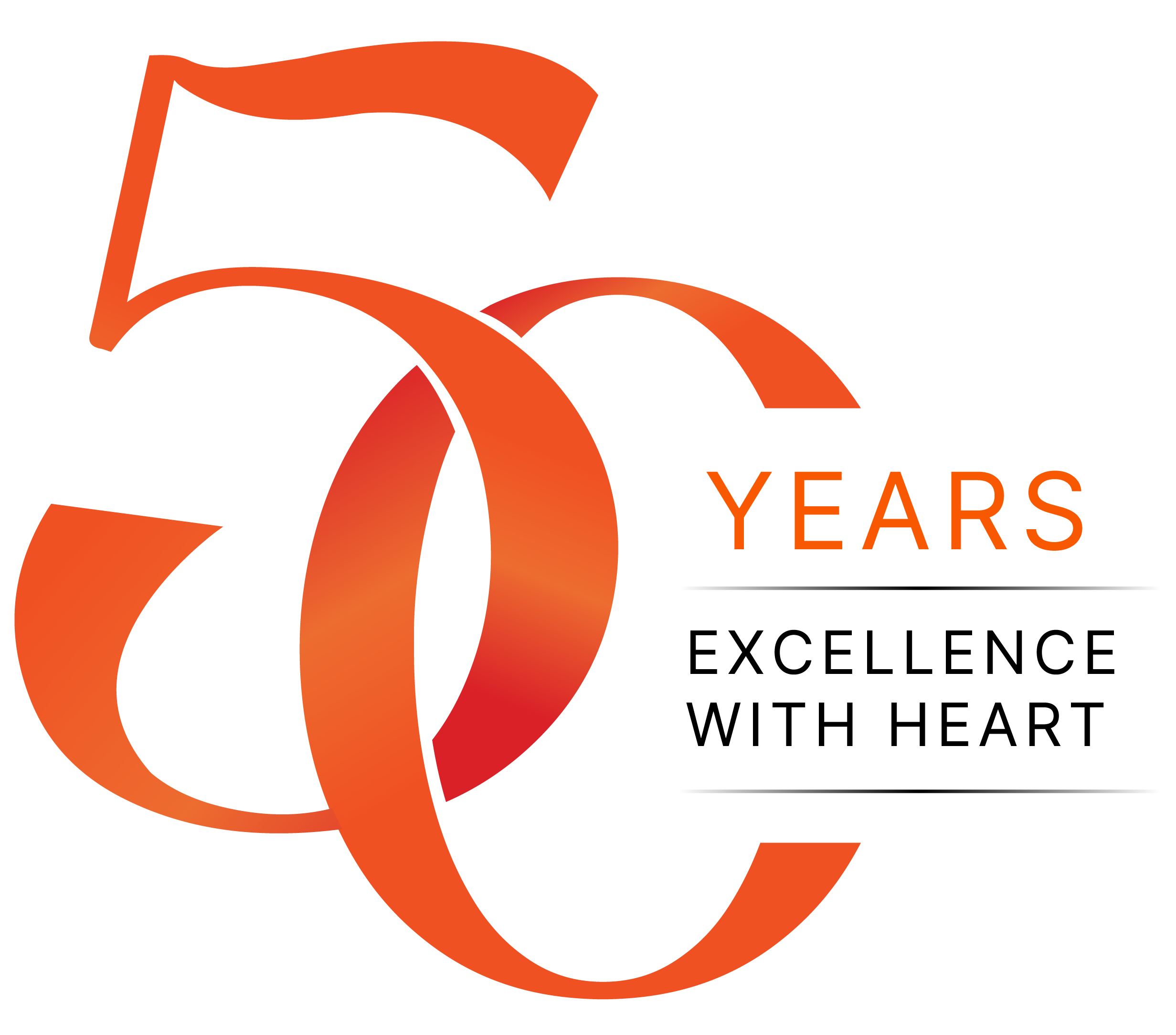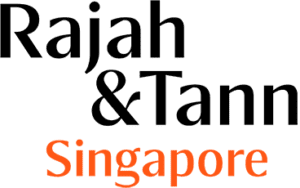Introduction
On 24 September 2025, the Competition and Consumer Commission of Singapore (“CCS“) announced the launch of its Artificial Intelligence (“AI“) Markets Toolkit (“AIM Toolkit“), which was developed in collaboration with the Infocomm Media Development Authority (“IMDA“).
The AIM Toolkit is a voluntary self-assessment tool intended to support both AI model developers and deployers in evaluating their AI models and related practices for compliance with the Competition Act 2004 and the Consumer Protection (Fair Trading) Act 2003, through process checks and technical tests, while reinforcing good governance practices for responsible AI adoption.
This Update explains how businesses can use the AIM Toolkit and its implications from a competition and consumer protection regulatory and compliance perspective, in light of CCS’ sharpened enforcement focus on “dark patterns” and the broader regulatory trajectory around AI and digital manipulation.
How the AIM Toolkit Works
The AIM Toolkit has been integrated as a plugin in IMDA’s “AI Verify Toolkit” and can be utilised either before deployment or after the development of an AI model.
It comprises two main components: (i) a structured series of process checks; and (ii) built-in technical tests. Together, they provide a practical pathway to identify potential competition and consumer protection risks in AI models and associated business practices, and to generate a consolidated assessment report and recommendations.
First, the toolkit provides 49 self-assessment process checks designed to test for risks in model development, deployment, and organisational practices that may give rise to anti-competitive conduct or unfair trade practices, and to reinforce general good practices. Businesses can self-assess their AI models by answering the questions on a Yes/No/Not Applicable basis, with optional free-text explanations. These checks are grouped across eight principles that collectively span competition, consumer protection, and governance considerations: (i) pro-competitive algorithms; (ii) accessibility; (iii) flexibility; (iv) fairness; (v) transparency; (vi) diversity; (vii) accountability; and (viii) accuracy.
Second, the toolkit offers two technical tests to deepen understanding of model behaviour and potential risk vectors: (i) an explainability test; and (ii) a fairness test. To run these, the user uploads the model, a test dataset, and a ground truth dataset. These built-in technical tests currently only support supervised learning AI models (specifically those performing binary classification, multi-class classification, and regression tasks). If the business’ AI models are not currently supported by these technical tests, it may choose to skip these tests and complete the rest of the toolkit.
On completion, the AIM Toolkit automatically generates a report summarising the results and setting out recommendations linked to the responses and tests performed. The report can be exported and archived as part of the organisation’s AI governance records.
Regulatory and Compliance Implications
The AIM Toolkit is positioned as a voluntary compliance and governance tool. Whilst CCS will not be endorsing businesses who have completed the assessment under the AIM Toolkit, sustained and well-documented use of the toolkit can materially assist businesses in mitigating regulatory risk and demonstrating a culture of compliance.
First, adoption of the AIM Toolkit can help lower the risk of businesses inadvertently engaging in anti-competitive conduct or unfair trade practices in the development or deployment of AI models. The structured checks allow companies to self-assess and instil a consistent discipline across key areas such as transparency to consumers, fair choice architecture, data and model governance, and algorithmic impact on market dynamics.
Second, CCS has indicated that robust use of the toolkit may be considered a mitigating factor in penalty assessment in the event of an infringement where the infringing conduct is one that the AIM Toolkit was deployed to safeguard against.
For the AIM Toolkit to be considered part of an effective compliance program, CCS has recommended that the toolkit’s self-assessment should be conducted regularly (at least three times), particularly during significant milestones such as: (i) initial AI model deployment; (ii) before releasing a developed AI model; and (iii) when implementing major changes in business policy.
Businesses should also keep proper records, including: (i) information on the date and time of assessment; (ii) the original generated reports; (iii) reasons for any skipped checks or tests; and (iv) subsequent remedial actions or governance escalations. Where appropriate, organisations should seek independent legal advice on competition and consumer protection questions arising from the assessments and may consider applying to CCS for a Notification of Guidance/Decision on specific conduct.
Our Comments
The release of the AIM Toolkit aligns with an observable enforcement and policy pivot by global regulators, including CCS, toward addressing manipulative digital design (“dark patterns“) and unfair online choice architecture. CCS has expressly identified dark patterns as an enforcement priority and has taken action against Singapore businesses for practices such as misleading scarcity or popularity prompts, AI-generated fake reviews, and subscription traps involving inadequate disclosure and friction-laden cancellation flows. For more information on the enforcement trend against dark patterns, please refer to our October 2025 Legal Update titled “The Rising Response to “Dark Patterns” – Lessons from New Regulations and Enforcement Actions by Global Regulators”.
Against this backdrop, companies should treat the AIM Toolkit not merely as a general AI assurance resource, but as a targeted control to pre-empt dark patterns and unfair trading risks in AI-enabled customer experiences and digital interfaces.
For example, companies can use the toolkit’s test results to surface interface elements or model-driven prompts that could unduly pressure, mislead, or distort consumer decision-making. Where the toolkit flags risks, the relevant product or design teams should consider specific corrections to the user interface and prompts before deployment. If companies are using AI systems to influence product recommendations, rankings, or personalised pricing, they can also use the AIM Toolkit’s explainability test to evidence how outputs are derived and to stress-test whether explanations are clear, truthful, and not selectively framed to nudge consumers toward higher-priced or less suitable options. The toolkit’s fairness test can be further used to examine whether the model’s treatment or exposure outcomes could drive systematic biases that lead to unfair choice architecture or discriminatory offers.
Conclusion
The AIM Toolkit provides a practical, structured framework for businesses to evaluate and improve AI models and adjacent business practices through the lenses of competition and consumer protection. While voluntary, its consistent and well-documented use can meaningfully reduce risk, inform remedial action, and contribute to mitigation in the event of enforcement. With CCS’ increased focus on dark patterns and the global regulatory trend toward stricter oversight of manipulative online design and AI-enabled consumer interactions, organisations should embed the AIM Toolkit into design, build, deployment, and monitoring stages, with explicit mapping to dark-pattern risk categories.
Rajah & Tann’s multi-disciplinary team is well-placed to advise on issues involving competition and consumer protection law and its application to user experience and AI platforms. For businesses looking to develop or deploy AI systems, and for those interested in the use of the AIM Toolkit, please do not hesitate to reach out to our Team members set out on this page.
Disclaimer
Rajah & Tann Asia is a network of member firms with local legal practices in Cambodia, Indonesia, Lao PDR, Malaysia, Myanmar, the Philippines, Singapore, Thailand and Vietnam. Our Asian network also includes our regional office in China as well as regional desks focused on Brunei, Japan and South Asia. Member firms are independently constituted and regulated in accordance with relevant local requirements.
The contents of this publication are owned by Rajah & Tann Asia together with each of its member firms and are subject to all relevant protection (including but not limited to copyright protection) under the laws of each of the countries where the member firm operates and, through international treaties, other countries. No part of this publication may be reproduced, licensed, sold, published, transmitted, modified, adapted, publicly displayed, broadcast (including storage in any medium by electronic means whether or not transiently for any purpose save as permitted herein) without the prior written permission of Rajah & Tann Asia or its respective member firms.
Please note also that whilst the information in this publication is correct to the best of our knowledge and belief at the time of writing, it is only intended to provide a general guide to the subject matter and should not be treated as legal advice or a substitute for specific professional advice for any particular course of action as such information may not suit your specific business and operational requirements. You should seek legal advice for your specific situation. In addition, the information in this publication does not create any relationship, whether legally binding or otherwise. Rajah & Tann Asia and its member firms do not accept, and fully disclaim, responsibility for any loss or damage which may result from accessing or relying on the information in this publication.











